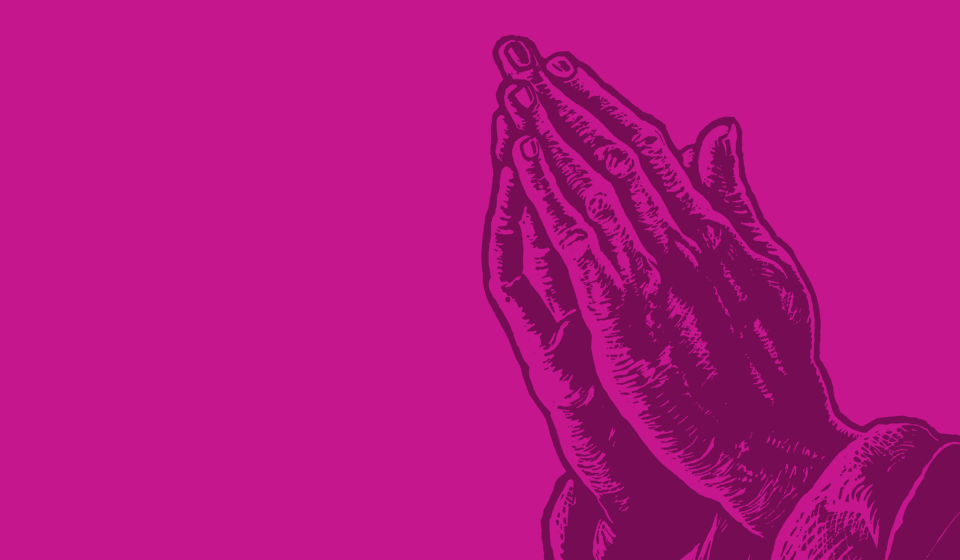Blog | How will coronavirus change our cities?
June 05, 2020
James, a Bristol rebel and blogger considers how the post-lockdown period offers a once-in-a-lifetime opportunity to remake our cities in a way that works with, rather than against, people and nature.
Having originated in the city of Wuhan, cities have become the site of the majority of COVID-19 cases globally.
Whilst high population densities are partly a cause of this, the interplay of density with poverty, age and underlying health conditions in the population is far more important.
It is crucial that we maintain or even increase urban density itself: it is inconceivable that 10 billion people can live and thrive on this planet without seriously densifying our cities as a means to lower our collective ecological footprint.
There is thus a need to address the underlying social conditions of inequality and poverty if we are to enjoy a healthier future, one not defined by perpetual pandemics.
Add to this the growing body of research across academia, government, and the UN showing how cities are uniquely placed to take action against the climate and ecological emergency, and we see that the ways in which our cities recover from the coronavirus crisis will shape our collective future in a profound way.
As the wave of coronavirus begins to subside, cities across the world are already looking to the future and starting to take action. In Bristol, London, Milan, Paris, across the US, and around the world major plans are being announced to reduce motorised transport in favour of walking and cycling.
However, whilst this is welcome news, taking climate action means more than just encouraging active transport – issues of justice and equity must also be addressed.
It is in recognition of this that cities in the C40 network (some of the world’s biggest cities committed to addressing climate change) have published a set of principles to guide post-COVID recovery.
Read the full declaration of principles >
The C40 principles provide a clear and holistic framework for rebuilding a living city as lockdown eases, fully recognising that this moment is perhaps a once-in-a-lifetime opportunity to remake our cities in a way that works with, rather than against, both people and with nature.
Some of the highlights include
recognition that:
- “recovery should not be a return to ‘business as usual’ – a world on track for 3°C or more of warming”
- “climate action can help accelerate economic recovery and enhance social equity, through the use of new technologies and the creation of new industries and new jobs”
and commitment to a recovery that:
- “address[es] issues of equity that have been laid bare by the impact of the crisis”
- invests in resilience to “protect against future threats – including the climate crisis – and to support those people impacted by climate and health risks”
- ensures that “national governments and regional institutions support both cities and the investments needed in cities”
Whilst these principles are not perfect – where is the call for greater democratic participation? – they do address the deep need for justice and equity in post-COVID recovery plans in a specifically urban context (in contrast to Marvin Rees’s favoured sustainable development goals which focus efforts nationally and globally).
The principles also tie post-COVID recovery to the need for green jobs and investment, thus mitigating the risk that climate concerns will be dropped in the face of seemingly more pressing concerns around economic recovery.
Bristol has been fortunate to have escaped the worst of the coronavirus crisis, but that doesn’t mean that there isn’t plenty of work to be done to get people back to work, to overcome social inequalities in the city, and to make Bristol a truly green city.
What does Bristol’s future hold?
So what would you like to see Bristol’s green recovery look like? What principles should underline it? What social injustices or inequalities do you think need to be addressed? What kind of future do you want for yourself and for us all?
Within XR, we can ask how we could use our strengths and skills to ensure a green recovery, how we can bring participatory democracy to urban problems like creating space for active transport or creating green space.
This is a golden opportunity to ask the right questions and redirect the conversation towards a brighter future.

Sign up to the XR Bristol Newsletter
Get the latest XR news and updates about actions and events in the Bristol area

Support us. Donate to XR Bristol
A monthly or one-off donation will help us raise awareness, train members and fund actions.
